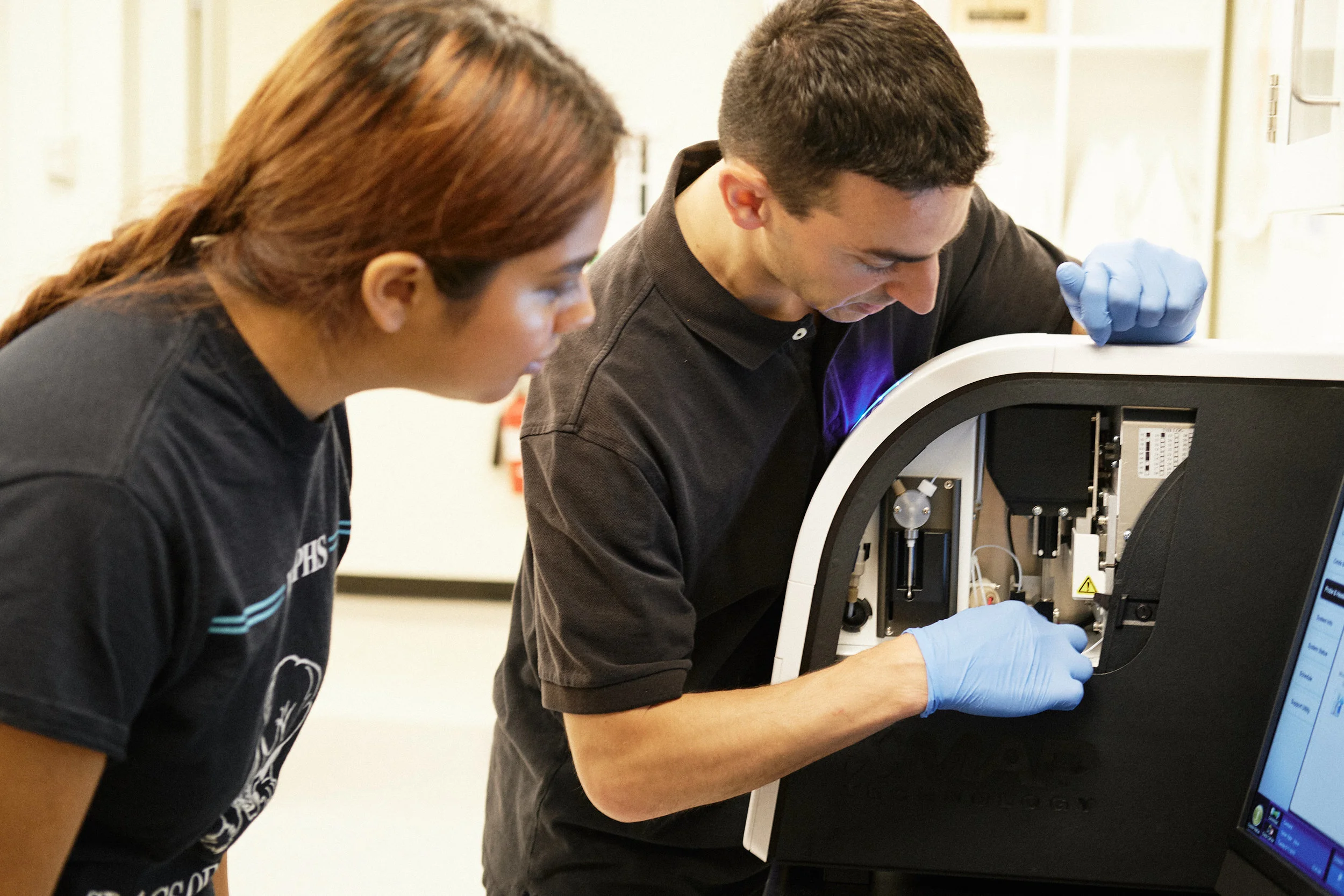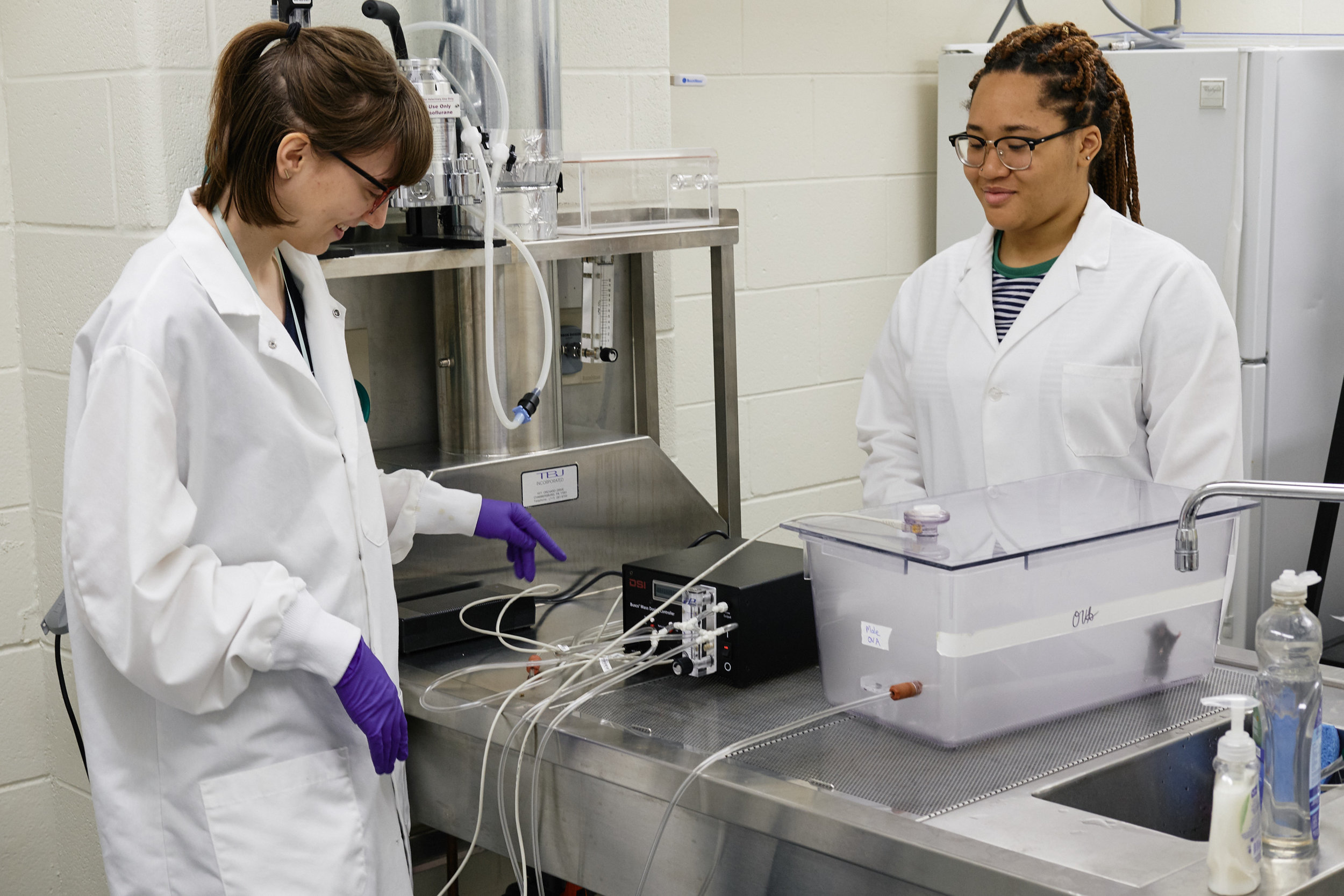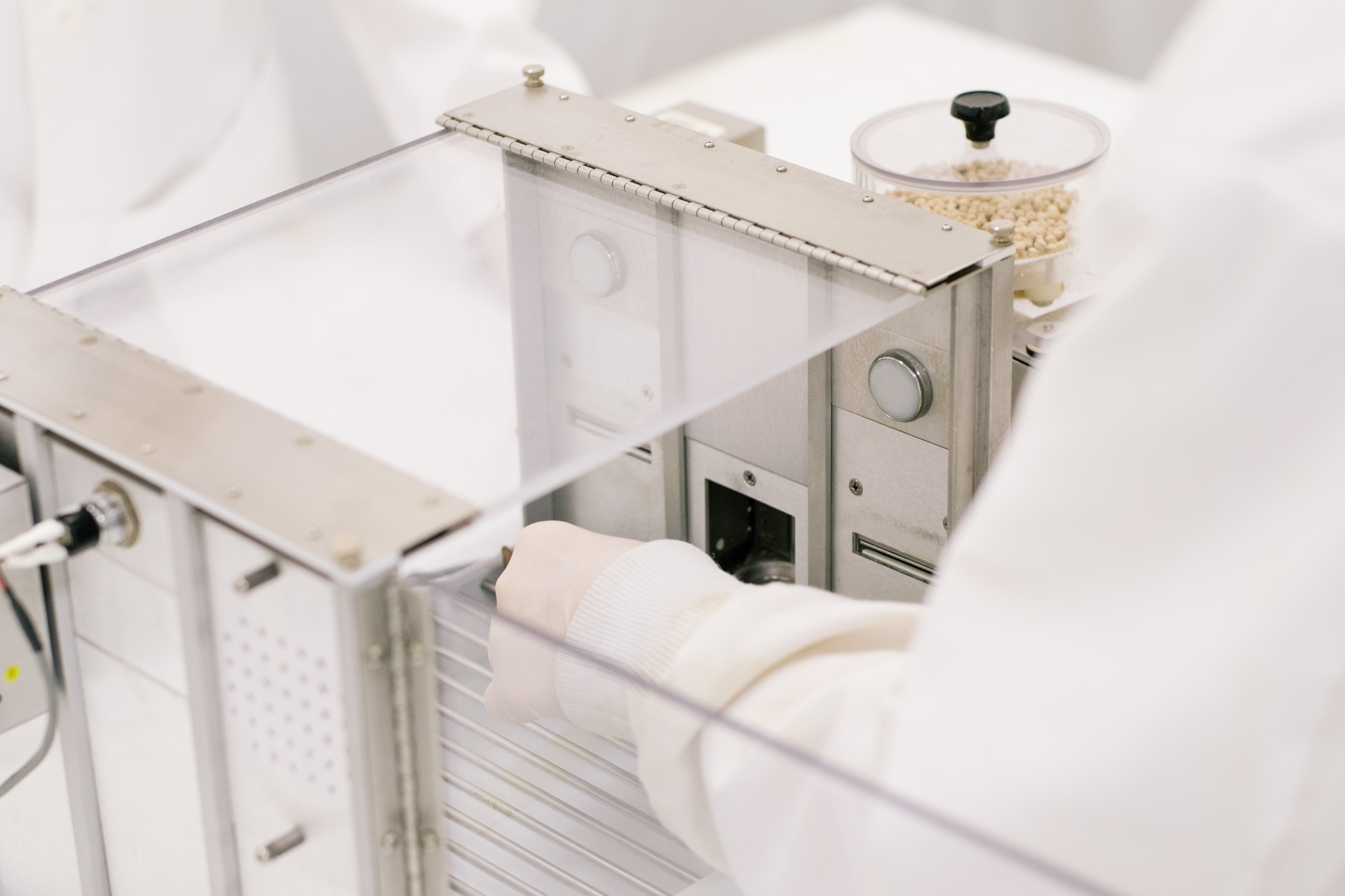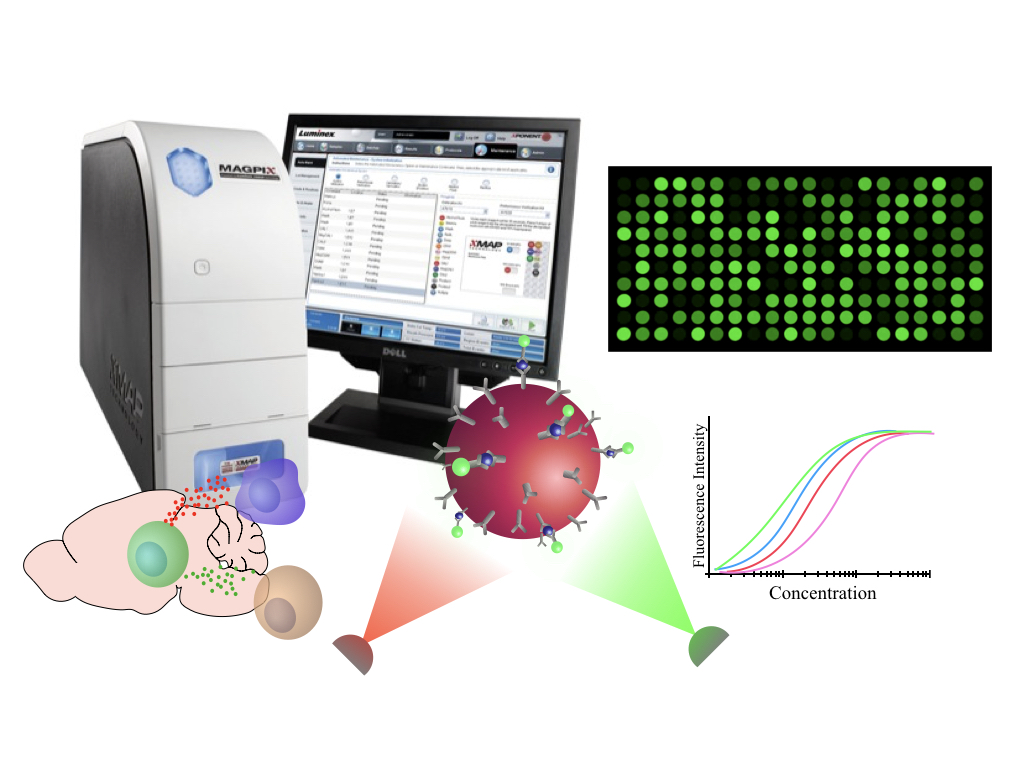Discover
Neuroscience
Allergies, Asthma, and the Brain
“How does a mother’s immune system shape her baby’s brain for the rest of their life?”
Over the past three decades, we have seen increases in allergies, asthma, and autism spectrum disorders (ASD). Many have questioned whether there is a link between these rising diagnoses. Scientists have suggested that mothers who have asthma and allergies during pregnancy are more likely to have a child who is later diagnosed with a neurodevelopment disorder. However, these studies only show correlation, not causation. With all of this in mind, our lab explores maternal allergic asthma (MAA) as a potentially under-examined environmental factor influencing brain and behavior development.
We apply a range of behavioral tasks designed to measure discrete components of social behavior in order to define critical periods during pregnancy when maternal allergic asthma disrupts neurobehavioral processes. We then evaluate the role the immune system plays in disrupting offspring development.
Translational
Research

Developmental Effects of E-cigarette
“Is vaping a healthier alternative to smoking?”
E-cigarettes are advertised as a healthier alternative to traditional tobacco smoking, and aggressive marketing campaigns are leading to increased vaping among youth. In fact, vaping is recommended over cigarette smoking for individuals who are pregnant, yet little is known about their safety and toxicity. Compared to traditional cigarettes, E-cigarette juice contains new chemicals and flavorings like propylene glycol and glycerine that have unknown effects on the developing fetus.
We are currently studying the effects of e-cigarette vaping during pregnancy and measuring cages in the fetus’s development. By using a host of cognitive, emotional, social, and motor behavior tasks, our team is identifying behavioral and neurobiological changes in offspring exposed to various e-cigarette chemicals.
Neuroimmunology

Neuro-Immune Brain Connections
“We know very little about what our immune system does in our brain to keep us mentally healthy”
The immune system plays an important role in healthy brain development and throughout life. Changes in immune system signaling can dramatically alter how the brain cells grow, mature, and connect to one another. A major research focus in the Schwartzer Lab is exploring the intimate relationship between the immune system and nervous system. Much of our work is focused on how immune signals in various regions of the brain contribute to behaviors associated with emotional, cognitive, and social processes. Using multiplex technology, we can analyze dozens of proteins and gene sequences in the brain and link their function to specific behavioral changes.
Behavioral
Neuroscience

Computer-Guided Tracking
Obtaining efficient, reliable data in certain promising rodent behavior tasks can be very challenging, given the potentially objective nature of scoring these tasks. Faced with the challenges of achieving high quality and replicable data for some of our most exciting behavioral tasks, our lab has begun developing a novel marking system that enables us to differentiate mice of all genotypes through automated social dyad tracking software. Markers are non-toxic, easily applied without the need for restraint, and are available in a variety of colors to identify up to four mice at a time. This identification system enables us to encode a range of complex social behaviors, from social sniffing and approaching, to following and avoidance, using high-throughput and unbiased detections













